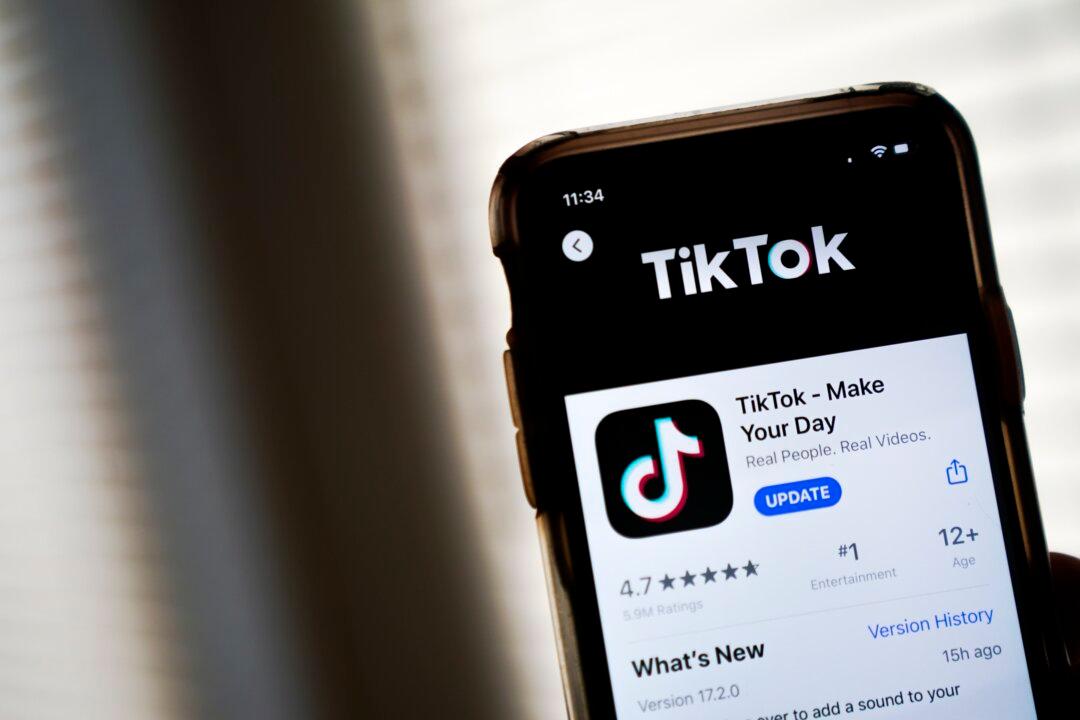A recent pause of TikTok’s services in Russia is more to please the West rather than driven by safety concerns for its users, China experts have flagged.
Chinese-owned TikTok said on March 6 that it would suspend live-streaming and the uploading of videos to its platform in Russia, fearing that the Kremlin will criminalize it for spreading information about its invasion of Ukraine.




